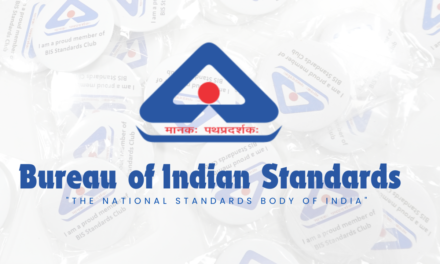What role do textile agents play in promoting local artisan and handmade textile products internationally?
Textile agents play a crucial role in promoting local artisan and handmade textile products internationally by acting as intermediaries between artisans and global markets. Their key functions include:
- Market Access and Exposure:
Textile agents help artisans gain global exposure by connecting them with international buyers, retailers, and designers. They create a market entry point for handmade products, which might otherwise struggle to reach global markets due to limited distribution networks. - Marketing and Branding:
Agents assist in developing a brand identity for artisan products, highlighting the cultural heritage, unique craftsmanship, and sustainability of handmade textiles. They may craft compelling marketing materials and digital content to showcase the story behind the products, adding value and appealing to ethically-conscious consumers. - Product Customization and Adaptation:
Textile agents often work with artisans to adapt products for international tastes and trends without compromising on traditional techniques. They help with customization for specific markets (e.g., sizes, colors, patterns) while maintaining the authenticity of handmade goods. - Facilitating Fair Trade Practices:
Many textile agents focus on fair trade principles, ensuring that artisans receive fair wages and their working conditions are ethical. They often promote products under fair trade certifications, which resonate with consumers looking for socially responsible and sustainable products. - Logistics and Distribution:
Textile agents manage the logistics of exporting handmade goods internationally, handling shipping, customs, and regulations. This allows artisans to focus on their craft while agents ensure that products are delivered efficiently and safely to global buyers. - Negotiation and Deal-Brokering:
Agents often negotiate pricing, contracts, and payment terms with international buyers, ensuring that artisans receive competitive prices while maintaining fair compensation for their work. - Building Long-Term Relationships:
By fostering long-term relationships between artisans and buyers, textile agents help create sustainable demand for handmade textiles. They provide ongoing support and promote repeated business, which benefits artisans with a stable income stream. - Training and Capacity Building:
Textile agents may also offer training to local artisans, improving their production techniques, quality control, and product development, allowing them to meet international standards and increase competitiveness in the global market.
Through these activities, textile agents serve as key advocates for handmade textiles, ensuring that local artisans not only preserve their cultural traditions but also thrive in the global marketplace.







